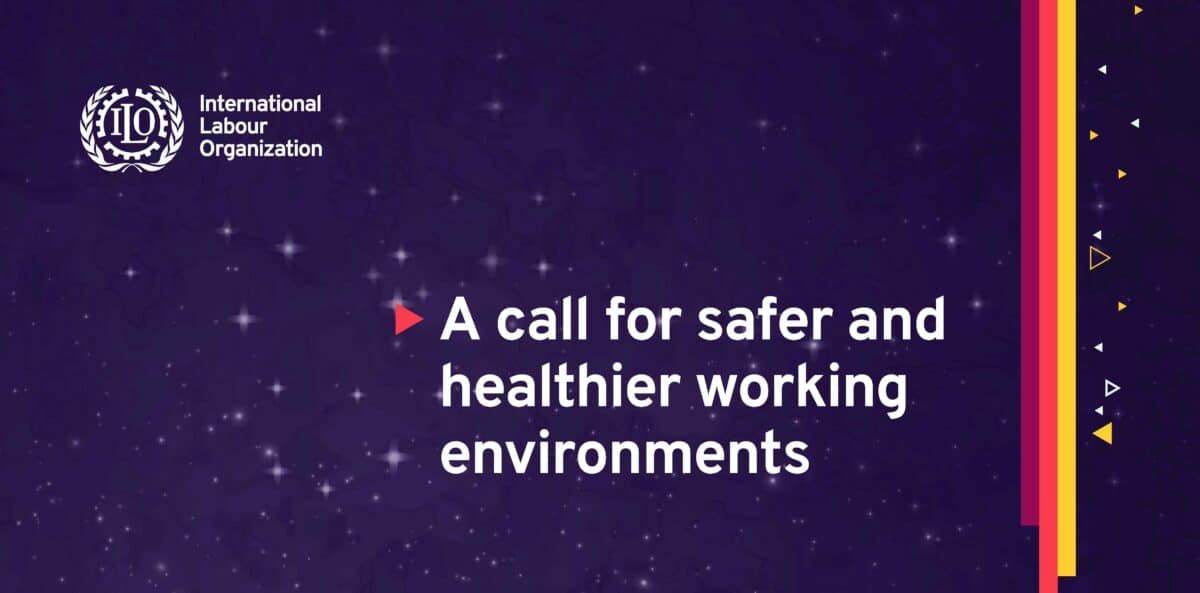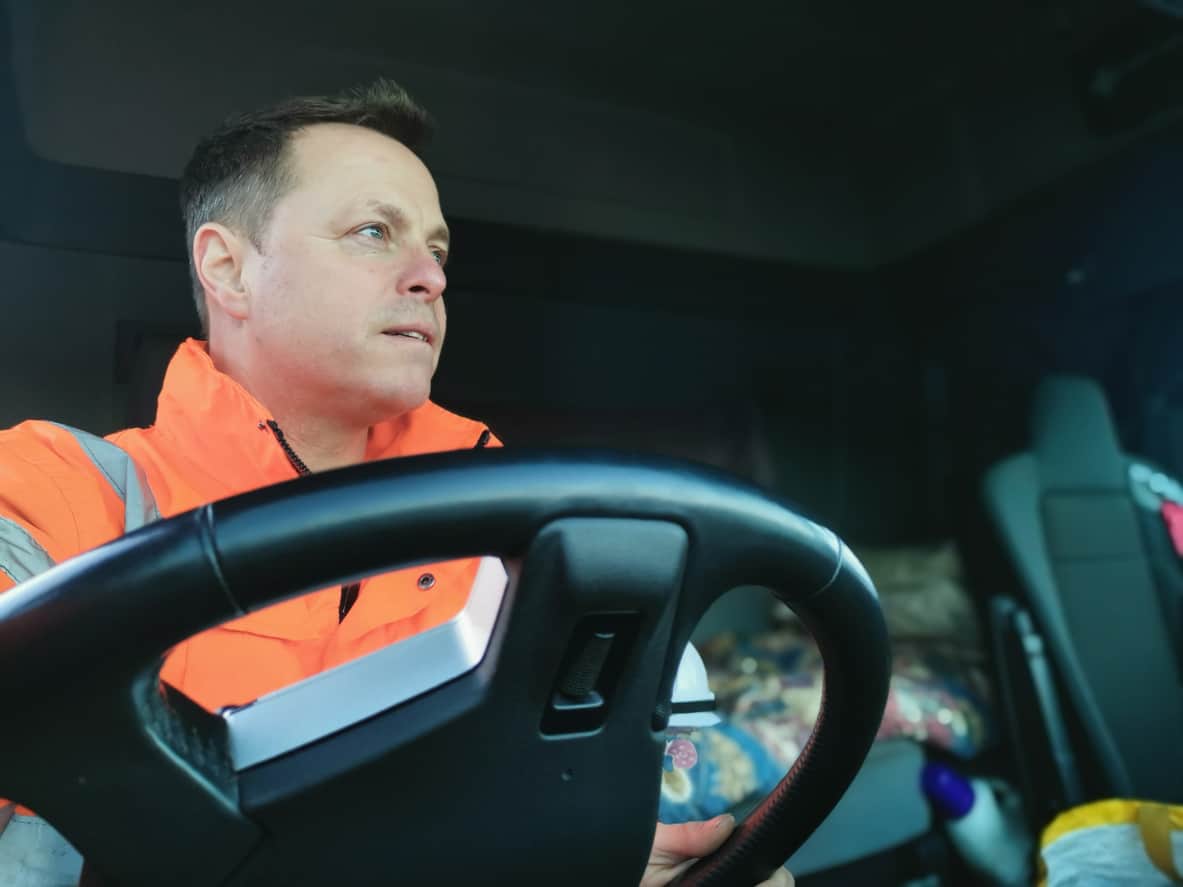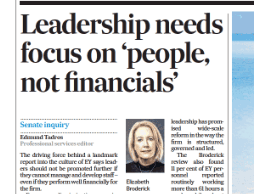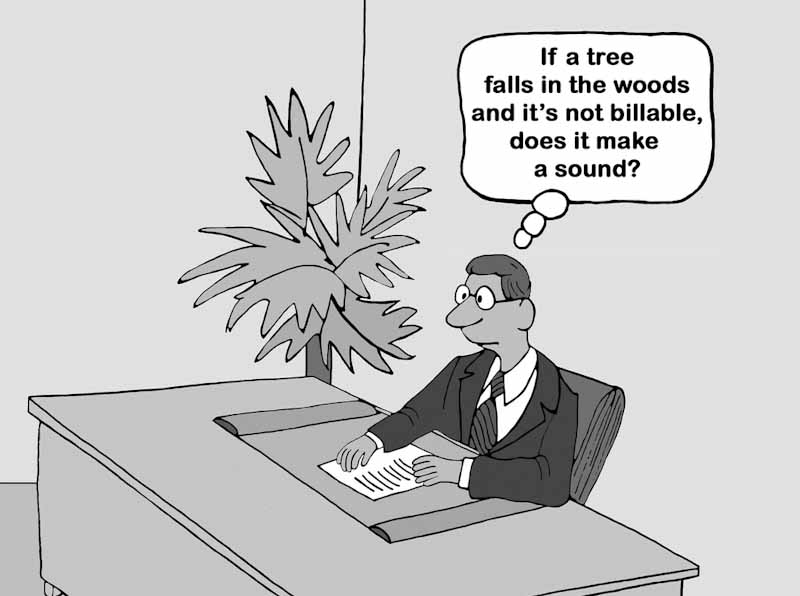Practicing my own advice of talking with people you don’t know at conferences, last night at post-conference drinks, I was told about love and protection.
Category: health
ILO sets the OHS picture at the 23rd World Congress
This afternoon, the 23rd World Congress on Safety and Health at Work commences in Sydney. Already important information is being released, with the International Labour Organisation (ILO) being first out of the block, setting the broader occupational health and safety (OHS) context.
In a media release dated November 27 2023, the ILO says:
A transport court case relevant to all managers and employers
In November 2023, Australia’s National Heavy Vehicle Regulator released a “case learning” about a successful prosecution and sentence that the NHVR described as
“One of the most serious examples of a breach under the HVNL [Heavy Vehicle National Laws]”
The seriousness of the breach is perhaps reflected in the fine of A$2.3 million.
It is a significant case and a prosecution with lessons for managers and employers well outside the transport sector. In fact, the NHVR’s “Key takeaways for executives” could form the basis of a solid and productive business management system.
Arguing over the WorkCover scheme’s viability again avoids harm prevention
The Victorian Parliament has been debating legislation the government claims is essential to fix a “broken” workers’ compensation system. There are a lot of elements to what is broken – premium increases, political access to WorkSafe finances, political topping up of WorkSafe finances, high numbers and costs for workplace mental health compensation claims and more. What is largely missing is a discussion on the prevention of mental health injuries at work.
How to determine the usefulness of what you read
Many employers are continuing to pimp up their well-being programs and employer benefits with the intention of managing mental health pressures. This is often based on advice from multinational business advisory and consulting firms in the form of trend surveys and reports about business attitudes, fears and concerns. A recent report from Mercer was the basis for an article in the Australian Financial Review (AFR, paywalled) written by Euan Black. It is instructive to subject the article and the Mercer report to a little scrutiny to determine their usefulness.
Cultural and operational shortcomings in white-collar work
Long working hours and the billable hours structure received some attention in the prominent business newspaper. the Australian Financial Review, on November 11,2023. Unsurprisingly the article, by Edmund Tadros, about former Sex Discrimination Commissioner, Elizabeth Broderick has garnered attention in the business social media. The article reinforces the unsafe nature of the dominant management practices in white-collar workplaces.
Billable hours are unsafe
Late last week, it was announced that prominent lawyer Michael Tooma was leaving Clyde & Co for a position with Hamilton Locke, focussing on environment, social, and governance matters. This is interesting in one way, as lawyers move firms regularly, but his comments about the social harm from law firms’ reliance on billable hours was more interesting.







